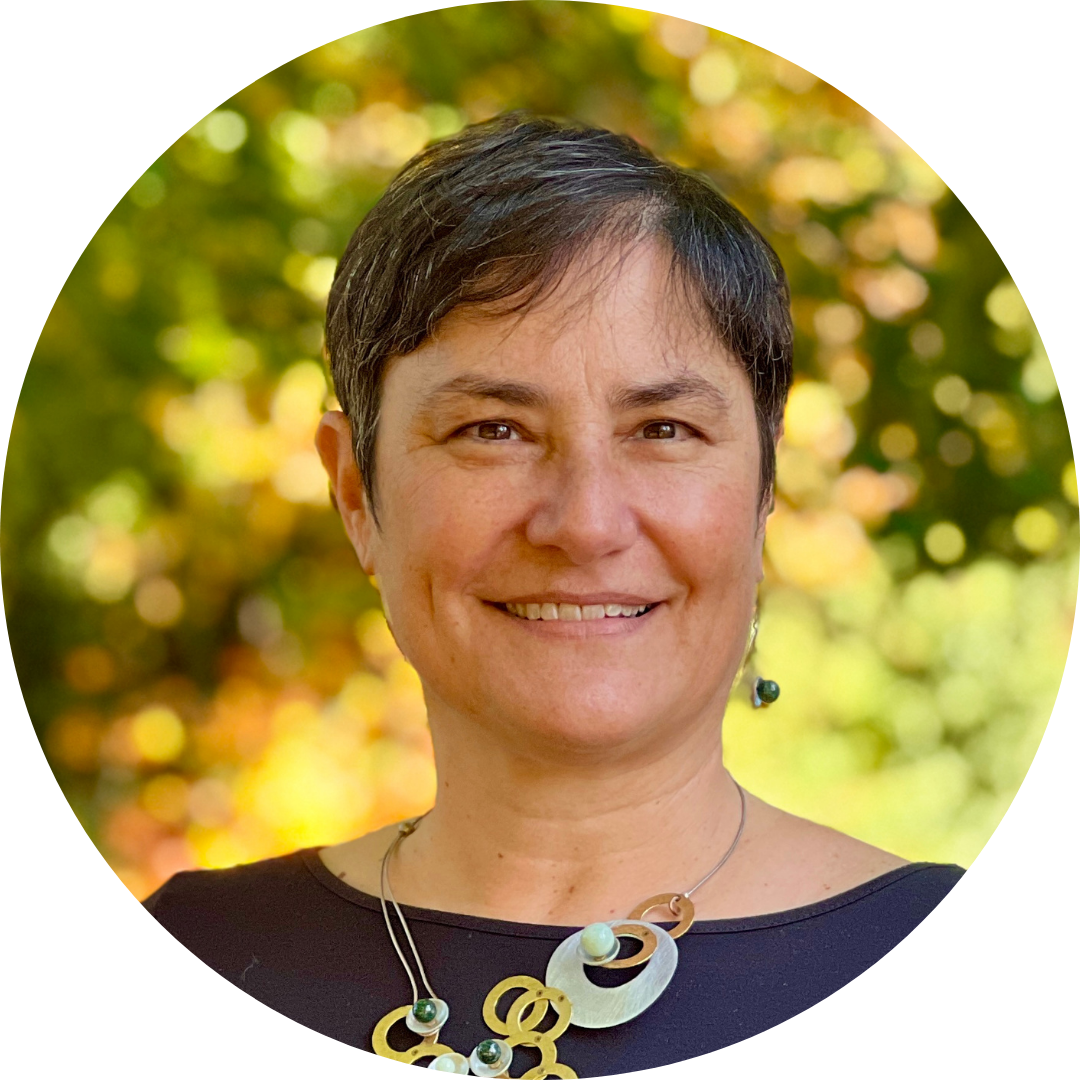Editor’s note: Reconstructing Judaism’s president and CEO, Rabbi Deborah Waxman recently published this op-ed in Haaretz, one of Israel’s leading newspapers. In it, she reflects on the High Holy Days, October 7 and the challenges of balancing care for our own community with compassion for others. Below is an excerpt. You can read the full piece here (please note it is behind a paywall).
One of the most powerful images out of the High Holy Day liturgy for Rosh Hashanah is from unetaneh tokef. God sits on high, judging each and all of us for our deeds as well as the seriousness of our repentance, ultimately deciding who will be written into the Book of Life.
As a Reconstructionist rabbi, I do not understand this as a literal description but rather a compelling metaphor, an invitation to confront my own mortality and my own actions, to acknowledge just how much agency I have – at once very slight and a tremendous amount.
More powerful for me is what the ancient rabbis prescribed as a response to this glimpse of finitude. We act in our world through teshuvah (repentance or turning to God), tefillah (prayer and reflection) and tzedakah (just action). And as psychologists and social critics tell us, we ultimately make meaning of our actions through the stories we tell about them, to ourselves and to others.

Many Israelis I spoke to on that and other post-October 7 visits to Israel, individuals who make their livings serving other people and working for social change, reflected that their capacity for empathy for “the other” narrowed since that horrific day. I have heard Jews in North America say the same thing in the face of rising antisemitism.
This calculation, of our responsibility both to our own pain as Israelis and Jews, and also to have empathy for those not of our tribe, is a consequence, it seems, of the post-modern era. We believe, and should continue to believe that we must live and act as both Jews and as citizens of the world. But especially since October 7, I have wondered about the feasibility of this orientation: Whether and how it is possible to care passionately about our nearest and dearest while also having space in our hearts for others – even in the face of terror and hate.
Can we be strong, principled and protective, individually and collectively, while simultaneously compassionate and committed to interdependence – with people who make their lives alongside ours, with all other citizens of our shared planet? Can the generous, open-hearted nature of volunteerism that emerged as a response to October 7 prevail over what occurred on that day and also what has followed it – from Hamas’ unconscionable atrocities, to an unrelenting military response in Gaza with unachievable aims, to unchecked settler violence in the West Bank and further dismantling of Israeli democratic institutions and safeguards?
These are questions that Jews around the world must ask ourselves. The yamim nora’im, the ten days of awe spanning from Rosh Hashanah to Yom Kippur, provide powerful prompts to ask these questions.








